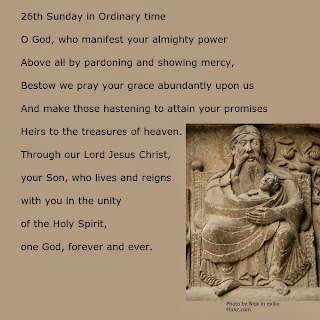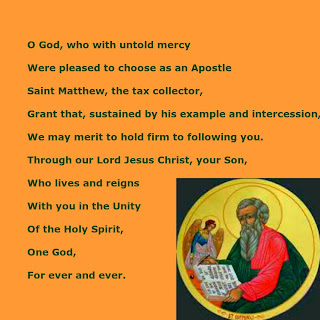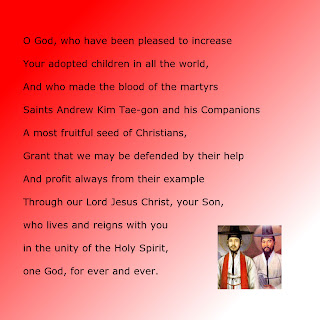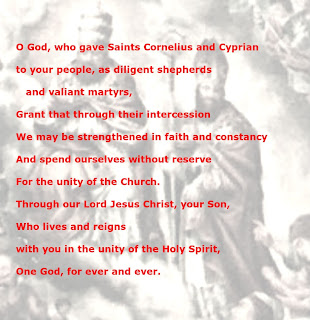Have you entered into the sources of the sea,
or walked about in the depths of the abyss?
Have the gates of death been shown to you,
or have you seen the gates of darkness?
Have you comprehended the breadth of the earth?
Tell me, if you know all:
Which is the way to the dwelling place of light,
and where is the abode of darkness?
The Book of Job ponders the moral/ethical dilemma: "Why do the innocent suffer?" We believe that God is good, just, and all powerful; and that God will reward justice and mercy while wickedness is punished. Anyone who believes in such a God must be distressed by many contradictory incidents and stories. Confronted with the unfairness of life we ask, "How is this supposed to make sense?"
After forty chapters of argument and discussion, the Divine Author gives us an answer, purportedly from God himself: "Who are you to ask questions? Do have standing in the court of God? Have you forgotten you are dust and to dust you shall return?"
But we ask anyway, whether we have standing or not. And neither we nor our question goes away despite the divine bluster.
Nor will the question disappear for those who simply deny God's existence, though it must have a different effect. For it challenges our human presumptions that we can manage our life. Only the fatally cynical can doubt that satisfaction comes to those who make the effort. Those who just quit face a pathetic frustration that borders on the comical. Somehow we must rally our resources daily and expect to find it was worth the effort.
As we search for meaning no answer appears beyond faith in an all-knowing, all good, merciful, just, and powerful God, .
In today's gospel, we hear the Lord Jesus threaten the cities of Chorazin, Bethsaida, and Capernaum with destruction for their failure to welcome him and his Kingdom of God.
The question of God doesn't merely stand at a distance fuming about futility. Sometimes it walks into our lives and demands attention. It is a question of justice and mercy. You will treat one another with mercy; you will appreciate the earth, its resources and limits, and your place in it; you will give God the praise, glory, and honor that is God's just due; and you will esteem yourself, a creature of mud made in God's image. Or you will suffer endless torment.
Saint Augustine, in a recent reminder from the Office of Readings, says,
God foretold hardship upon hardship in this world until the end of time. And you want the Christian to be exempt from these troubles? Precisely because he is a Christian, he is destined to suffer more in this world.
The Book of Job, with its demand for meaning, purpose, and a divine apology, invites the Christian to do more than ponder this dilemma. We must embrace it in faith. If intractable, apparently meaningless, suffering arouses doubt, we respond with belief. Doubt is not the opposite of faith; betrayal is. With our demanding questions and our persistent prayers we remain faithfully in God's presence asking for justice for the whole world and mercy for those dear to us.


















